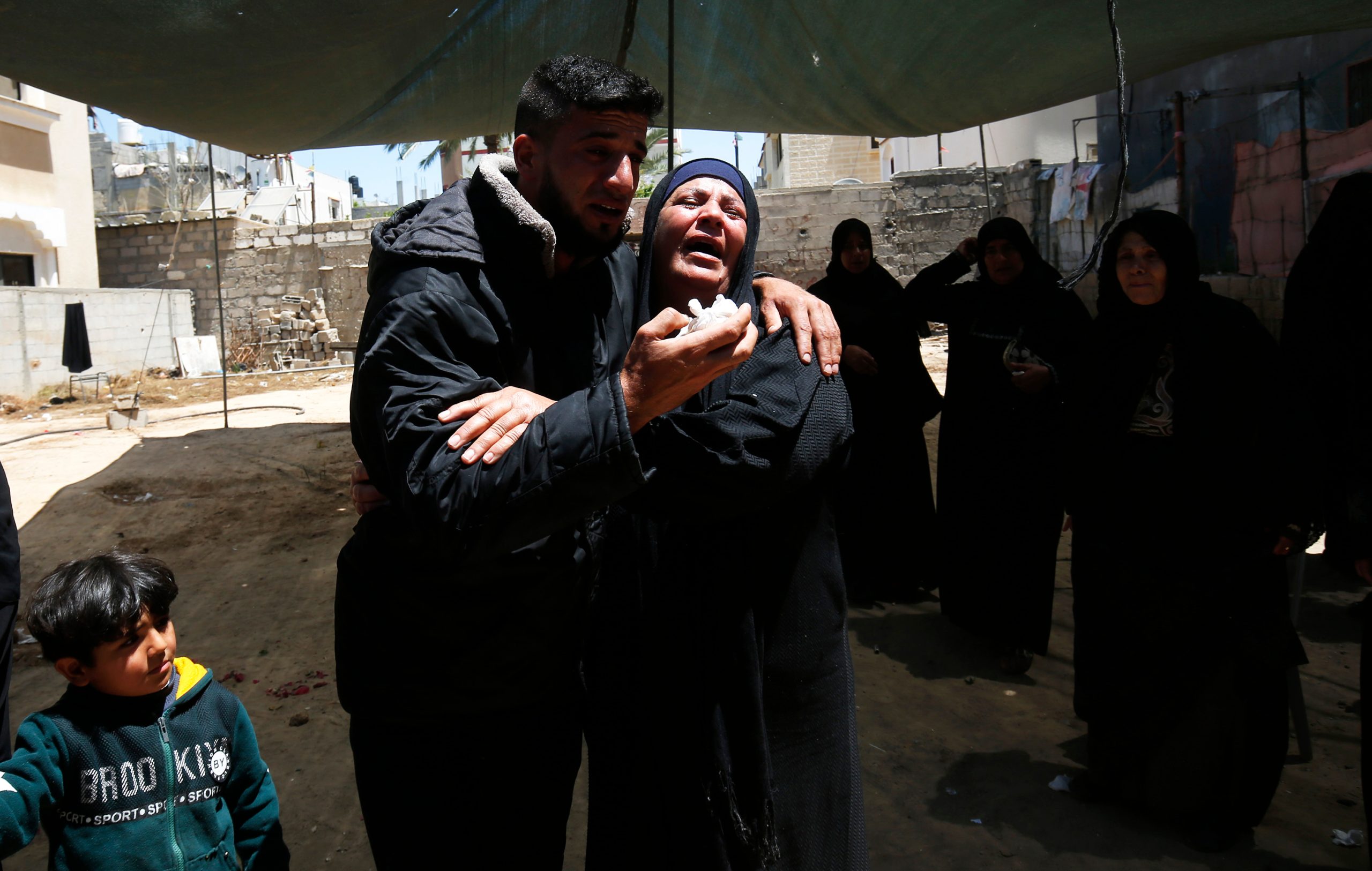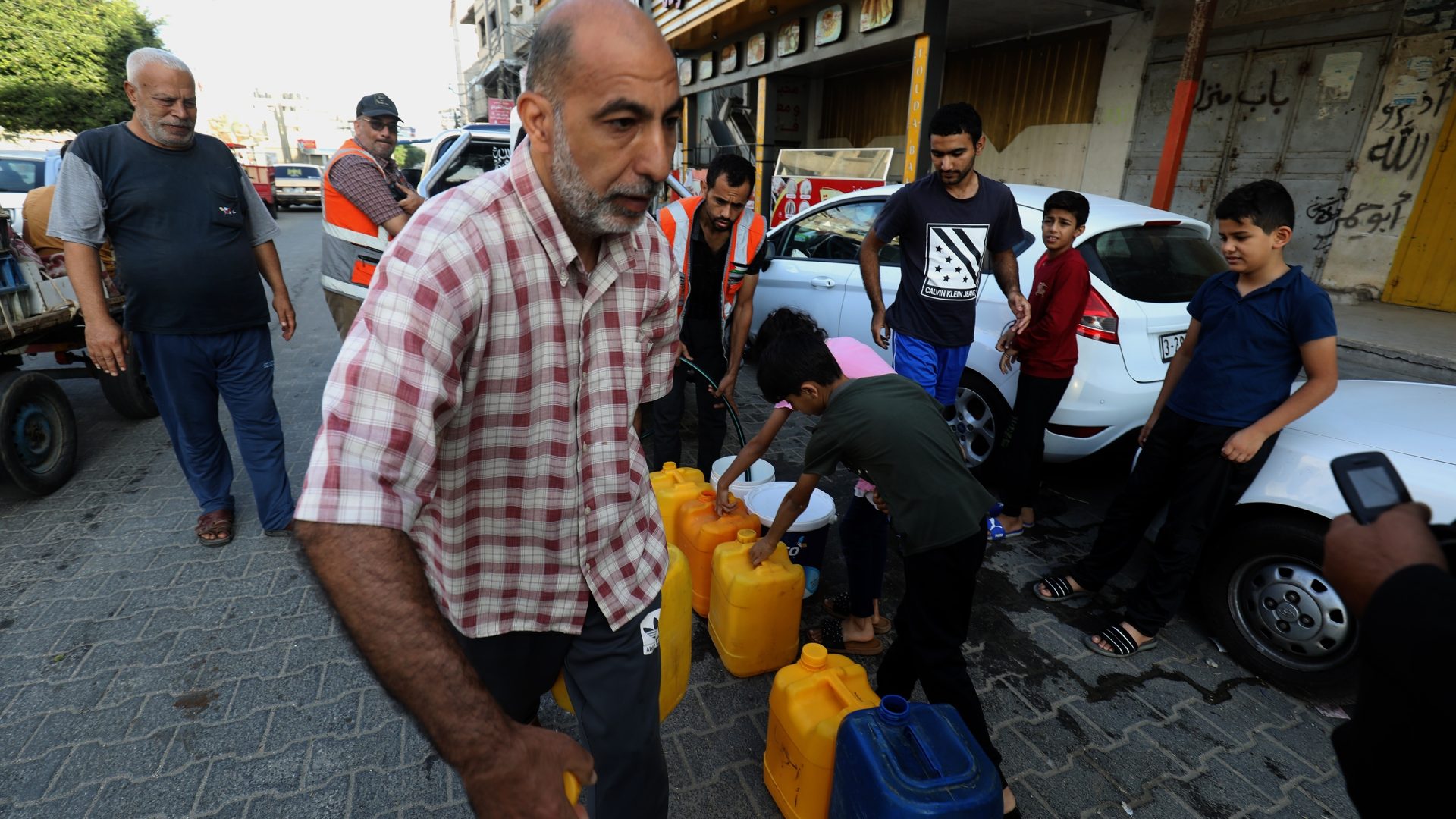“Older people are also amongst those held hostage by Hamas and we have profound concerns for their wellbeing. If any need medication or any kind of support, their exposure to risk is increased by the already debilitating psychological trauma they will be facing.”

“For those displaced from their homes, they will find the hardships that everyone is facing even harder to manage. Most will not have access to the essentials that older people need to get by – whether that is food and water, urgent medication, walking devices, family support or healthcare systems – all of which are already in short supply in Gaza.
“For those who have remained at home the lack of security and trauma of bombardment will be especially profound.”
Prior to the escalation of hostilities on 7 October, Gaza’s older people were already living with high levels of poverty and inequality. The current conflict will be exacerbating pre-existing conditions, while the destruction of vital services and limited flow of supplies, will present overwhelming challenges.
HelpAge partners who work in the Gaza have been sharing details about the impact the bombardment is having on older people, many of whom have been displaced or need urgent medication or healthcare.
Dr Mohammed Elia, a Gaza-based representative of Juzoor, a partner of HelpAge who works across Palestine, highlighted the challenges:
“The ongoing violence has disrupted the healthcare system, making it increasingly difficult for older people to access essential medications and the medical care they require. The constant fear and anxiety stemming from the unrelenting airstrikes are also taking a significant toll on their mental and emotional well-being. They live in a state of perpetual distress, uncertain about their safety and the future.”
Those who have been displaced have access to very few resources and comfort. Juzoor reported that many have been forced to abandon the essentials that help them to survive, like their walking sticks and wheelchairs, crucial medicines, and personal belongings. They are forced to sleep on the ground, which further exacerbates the physical discomfort many face in older age.
Across Gaza people are struggling to find drinking water so another of HelpAge’s partners, El Wedad, is actively distributing water extracted from wells in people’s back yards to those in need.


